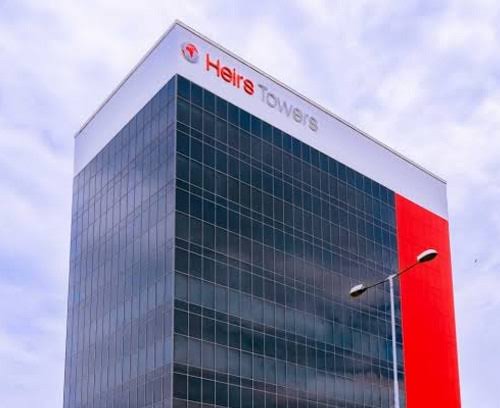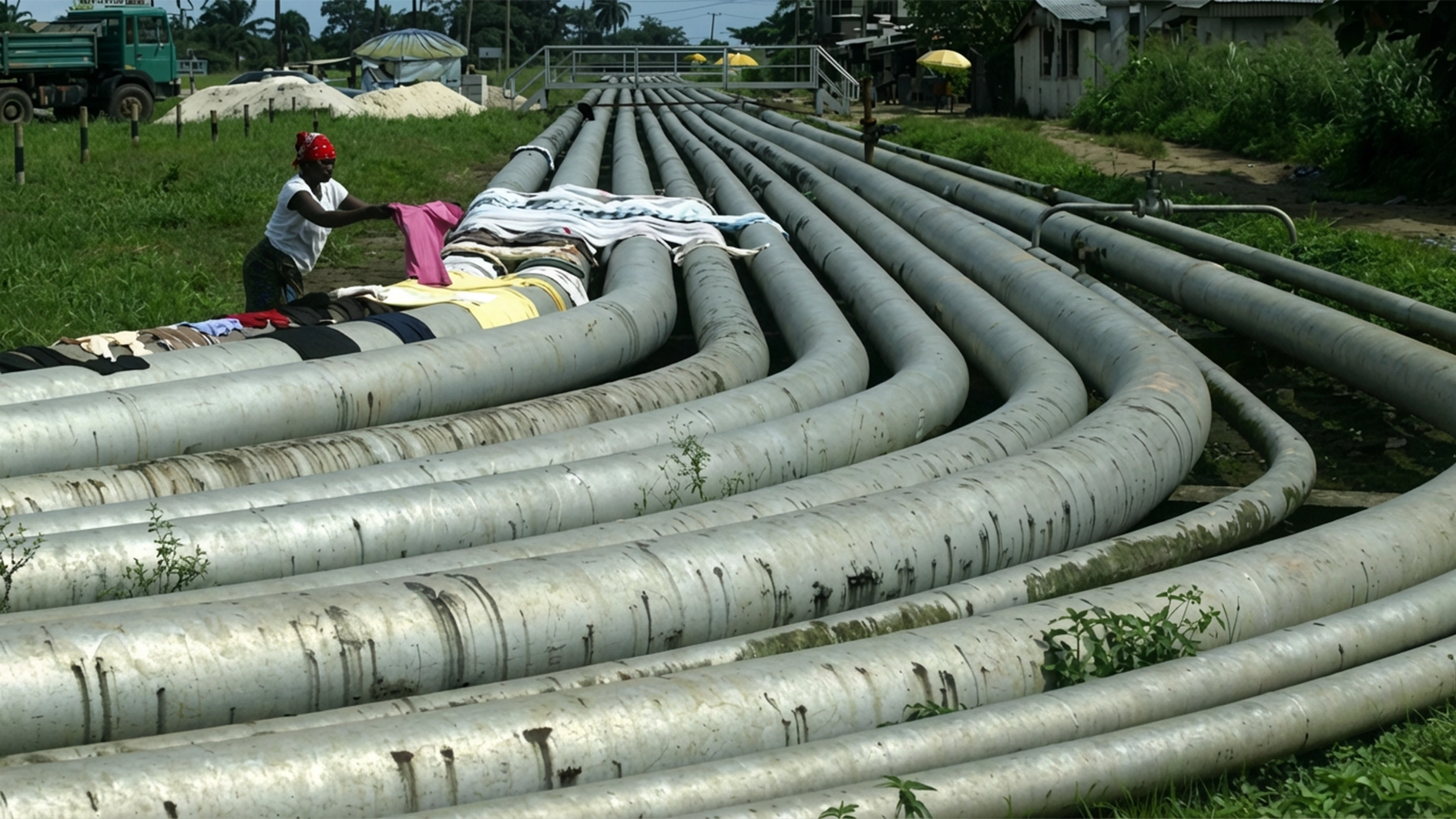Thousands of protesters, yesterday, disrupted economic activities in parts of Kaduna city, as they marched through major streets under the auspices of Partners for National Economic Progress (PANEP), accusing a powerful oil cabal of plotting to sabotage the country’s economic recovery by frustrating local refining efforts.
Specifically, the protesters, chanting solidarity songs, carried placards bearing inscriptions such as “Protect Local Refining,” “End Fuel Import Cartel,” and “Support Dangote Refinery.”
They converged on the Murtala Mohammed Square before proceeding through Alkali Road, Ali Akilu Road, Ahmadu Bello Way and Muhammadu Buhari Way.
Leaders of the movement, Igwe Ude-Umanta and Dahiru Umar Maishanu, stated that the Kaduna rally was part of a nationwide campaign to expose and resist economic saboteurs who have vowed to ensure Nigeria remains dependent on imported fuel.
“This struggle is against the cartel that destroyed our public refineries, killed the textile industry, and now wants to strangle the Dangote Refinery,” Ude-Umanta declared, adding: “We will not let them succeed. The days of holding Nigeria hostage are over.”
According to him, the movement began in Abuja on October 2 as part of what he called a “national liberation effort” to save the economy from “heartless cartels feeding fat on national decay.”
He said the Kaduna leg was symbolic, recalling how the once-booming textile industry in the city was killed by foreign interests, aided by local collaborators.
Ude-Umanta added: “Kaduna used to be a textile hub before the same pattern of sabotage destroyed it.
“Today, they want to replicate that on our petroleum sector by frustrating local refining. We will resist them.”
The protest, themed “National Unity Against Sabotage: Reclaiming Our Petroleum Sector for the People,” sought urgent government action to protect the multi-billion-dollar Dangote Refinery from “systematic attacks” by elements of the oil-importation cartel.
PANEP urged President Bola Tinubu, who also doubles as Minister of Petroleum Resources, to “stamp his feet” by ensuring local refineries receive crude oil at the same price sold to foreign refiners.
EQUALLY, Vice President Kashim Shettima, yesterday, at the Nigerian Economic Summit (NES31), themed: “The Reform Imperative: Building a Prosperous and Inclusive Nigeria by 2030,” stated that Dangote Refinery must be protected at all costs, adding that the $20 billion facility is a national asset that must be supported to function.
Shettima’s comment comes on the heels of the industrial action by oil workers under the aegis of the Petroleum and Natural Gas Senior Staff Association of Nigeria (PENGASSAN) over a dispute with the 650,000 barrels per day refinery.
He said: “Aliko Dangote is not an individual, he’s an institution, and he’s a leading light in Nigeria’s economic parliament. And how we treat this gentleman will determine how outsiders will judge us. If he had invested $10 billion in Microsoft, Amazon, or Google, he probably might be worth $70 to $80 billion by now.
“But he opted to invest in his country, and we owe it to future generations to jealously protect, promote, preserve, and protect the interests of this great Nigerian.
“I wish to call for caution, retrospection, and a deeper sense of patriotism from both labour and the organised private sector in defining and improving the relationship between labour and industry in the interest of maintaining our steadily improving economic fortunes. It’s not about holding the whole nation to ransom because of a minor labour dispute.
“Nigeria is greater than PENGASSAN. Nigeria is greater than each and every one of us.”
Earlier in his remarks, Chairman of the Nigerian Economic Summit Group (NESG), Olaniyi Yusuf, noted that the country’s foreign direct investment remains weak despite slight improvements in fiscal conditions.
He said the way Nigeria treats its domestic investors would serve as a signal to foreign investors assessing the credibility and stability of the country’s business environment.






